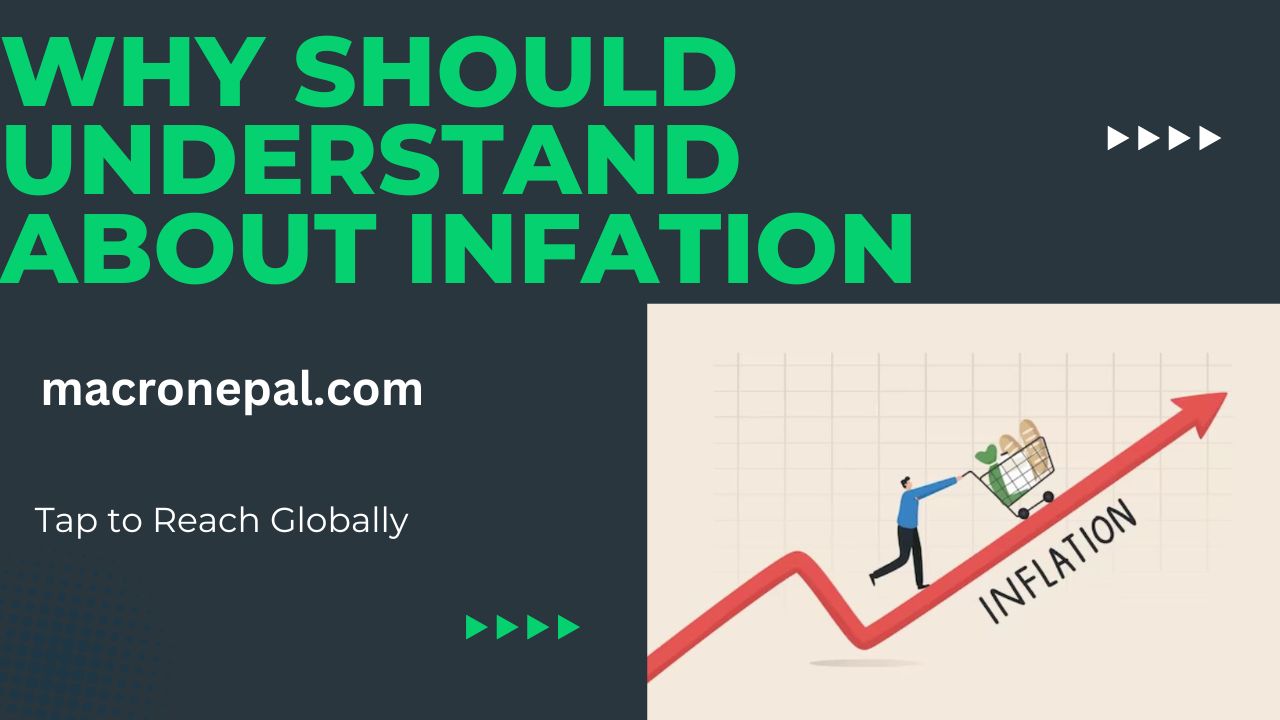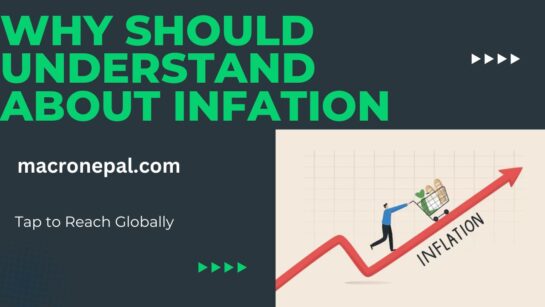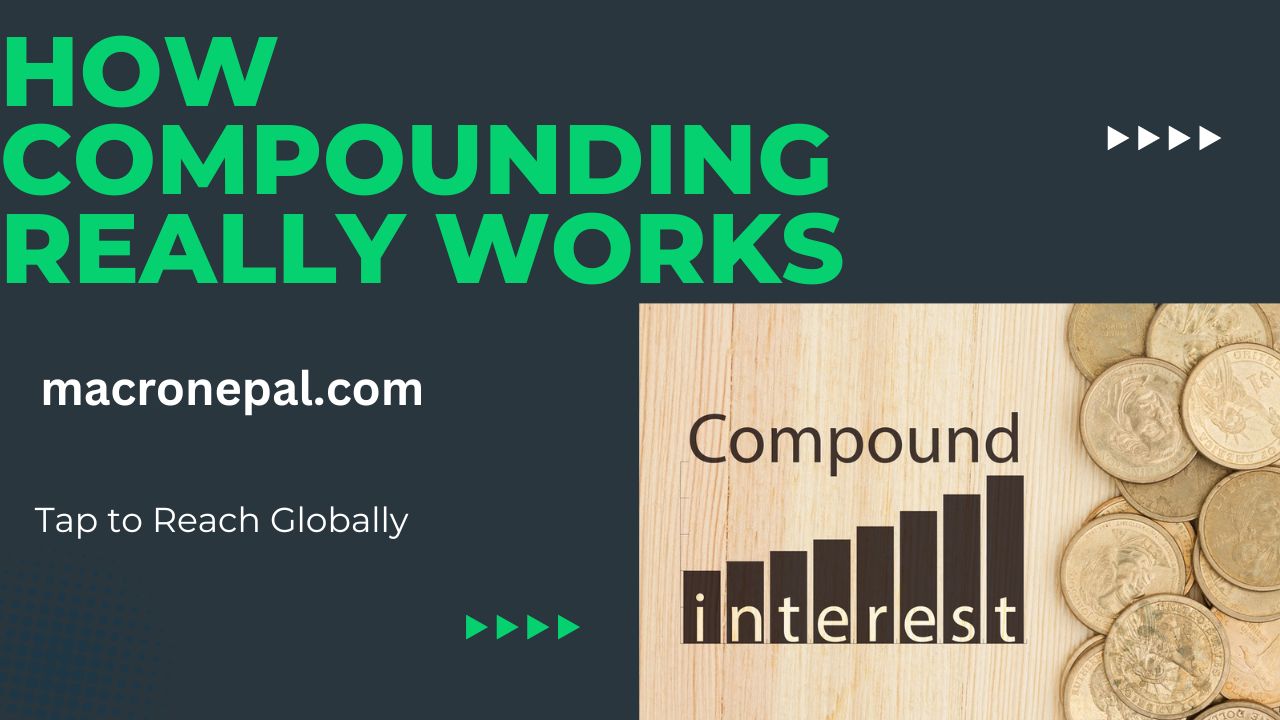Day: May 16, 2024
Why You Should Have Knowledge about inflation
Understanding Inflation: Causes, Effects, and How to Protect Your Finances
Inflation is a crucial economic concept that affects everyone, from individuals to businesses to governments. By understanding inflation, its causes, and its impacts, you can make better financial decisions and protect your wealth.
What is Inflation?
In simple terms, inflation is the rate at which the general level of prices for goods and services rises. As a result, it leads to a decrease in purchasing power. Essentially, when inflation occurs, each unit of currency buys fewer goods and services than it did before.
To measure inflation, economists typically use price indices. The most common ones are:
- Consumer Price Index (CPI):
-
This measures the average change over time in the prices paid by urban consumers for a market basket of consumer goods and services.
- Producer Price Index (PPI):
-
This measures the average change over time in the selling prices received by domestic producers for their output.
Causes of Inflation
-
Demand-Pull Inflation: This occurs when the demand for goods and services exceeds their supply. When consumers have more money to spend, and the supply of goods doesn’t increase correspondingly, prices rise.
-
Cost-Push Inflation: On the other hand, this type happens when the costs of production increase, leading producers to raise prices to maintain their profit margins. Common triggers include rising wages, increased costs of raw materials, and higher taxes.
-
Built-In Inflation: Also known as wage-price inflation, it occurs when workers demand higher wages, and employers pass these costs onto consumers through higher prices. This can create a feedback loop of rising wages and prices.
-
Monetary Inflation: Finally, this results from an increase in the money supply. When a central bank prints more money, it can reduce the value of the currency, leading to higher prices.
Effects of Inflation
-
Decreased Purchasing Power: As prices rise, the value of money falls. Consequently, the amount of goods and services you can buy with the same amount of money decreases.
-
Cost of Living Increases: Inflation leads to higher costs for everyday expenses, including food, housing, and healthcare. Therefore, it becomes more expensive to maintain the same standard of living.
-
Impact on Savings: Inflation erodes the value of money saved. If the interest rate on savings is lower than the inflation rate, the real value of savings decreases over time.
-
Uncertainty and Planning Difficulties: High and unpredictable inflation can make it difficult for businesses and consumers to plan for the future. It complicates budgeting and investment decisions.
-
Interest Rates: Central banks often raise interest rates to combat high inflation. As a result, this can lead to higher borrowing costs for consumers and businesses.
How to Protect Your Finances from Inflation
-
Invest in Inflation-Hedged Assets: Certain investments, such as real estate, commodities (like gold), and Treasury Inflation-Protected Securities (TIPS), tend to perform well during periods of high inflation.
-
Diversify Your Portfolio: A well-diversified investment portfolio can help protect against inflation. Stocks, particularly those of companies with pricing power, can provide some hedge against inflation.
-
Consider Inflation-Indexed Bonds: Bonds like TIPS in the U.S. offer returns adjusted for inflation, protecting the purchasing power of your investment.
-
Invest in Hard Assets: Real estate and tangible assets often retain value better during inflationary periods compared to cash.
-
Increase Earnings: Enhancing your skills and education can help you secure better-paying jobs or negotiate higher wages, offsetting the impact of inflation on your purchasing power.
-
Monitor and Adjust Budgets: Regularly reviewing and adjusting your budget to account for rising prices can help manage the impact of inflation on your expenses.
Conclusion
Inflation is an inevitable part of the economic landscape, impacting purchasing power and the cost of living. However, by understanding its causes and effects, and by taking proactive steps to protect your finances, you can mitigate the adverse effects of inflation. Wise investment choices, diversification, and strategic financial planning are key to maintaining and growing your wealth in an inflationary environment. Understanding inflation helps in making informed decisions that safeguard your financial future.
How Compounding Really Works
The Power of Compound Interest: How It Works and Why It Matters
Compound interest is a fundamental concept in finance that can significantly impact your financial growth over time. Understanding how it works and its benefits can motivate you to start investing early and make informed financial decisions.
What is Compound Interest?
Compound interest is the process of earning interest on both the principal amount and the accumulated interest from previous periods. Unlike simple interest, which is calculated only on the principal amount, compound interest grows exponentially as it includes interest on interest.
How Compound Interest Works
To understand compound interest, consider this formula:
𝐴=𝑃(1+𝑟𝑛)𝑛𝑡
Where:
-
𝐴 is the amount of money accumulated after n years, including interest.
-
𝑃 is the principal amount (the initial sum of money).
-
𝑟 is the annual interest rate (decimal).
-
𝑛 is the number of times that interest is compounded per year.
-
𝑡 is the number of years the money is invested or borrowed for.
Example:
If you invest $1,000 at an annual interest rate of 5%, compounded annually, for 10 years, the future value of your investment would be:
𝐴=1000(1+0.051)1×10=1000(1.05)10≈1628.89
After 10 years, your $1,000 investment grows to approximately $1,628.89, thanks to compound interest.
Benefits of Compound Interest
-
Exponential Growth:
-
The most compelling benefit of compound interest is its exponential growth. Over time, even small amounts of money can grow significantly, especially when left to compound over long periods.
-
Early Investment Advantage:
-
Starting early allows your investments more time to grow. The earlier you start, the more you benefit from compounding, making a strong case for early investment.
-
Wealth Accumulation:
-
Compound interest can substantially increase your wealth. For example, consistently investing small amounts can lead to a sizable portfolio over several decades.
-
Financial Goals:
-
It helps you achieve financial goals such as retirement savings, education funds, and wealth creation more efficiently.
The Rule of 72
A simple way to estimate how long it will take for an investment to double is the Rule of 72. By dividing 72 by your annual interest rate, you get an approximation of the number of years needed for doubling your investment.
For example, if your annual interest rate is 6%, it will take approximately:
726=12 years
This quick calculation underscores the power of compounding and the importance of a decent interest rate.
Compound Interest in Practice

-
Savings Accounts:
-
High-yield savings accounts and certificates of deposit (CDs) use compound interest to grow your savings over time.
-
Retirement Accounts:
-
Accounts like 401(k)s and IRAs benefit immensely from compounding, making them ideal for long-term retirement savings.
-
Investments:
-
Stocks, bonds, and mutual funds, when held over long periods, benefit from compound growth, especially when dividends and interest are reinvested.
Maximizing Compound Interest
-
Start Early:
- The earlier you start investing, the more time your money has to grow.
-
Regular Contributions:
-
Consistently adding to your investments increases the compounding effect.
-
Reinvest Earnings:
-
Reinvest dividends and interest to enhance growth.
-
Choose Higher Interest Rates:
-
Opt for investments with higher returns, but be mindful of the associated risks.
-
Minimize Fees:
-
Lower fees mean more of your money stays invested and benefits from compounding.







